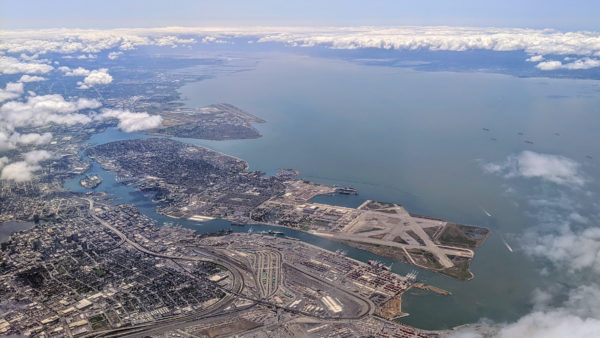An article in a Chinese newspaper has criticised the European Union (EU), accusing it of allowing its "bureaucratic instincts" and a desire to "assert its power" to jeopardise a Chinese state-backed high-speed railway planned between Budapest and Belgrade (pictured).
The article, appearing 23 February in the English-language Global Times, called on the EU to "put the interests of the people first" and to work with China "instead of following bureaucratic instincts".
Penned by Cui Hongjian, director of the Department of European Studies at the China Institute of International Studies, the article followed a report on 20 February in the British newspaper The Financial Times (FT) saying the EU was investigating both the financial viability of the railway and whether the project breached EU procurement laws that require public competitive tenders.
If push comes to shove and if it turns out that the Hungarians have awarded a public works contract of a particular dimension without tender they will of course have infringed EU legislation– Senior EU official
Planned since 2013, and seen as an important part of China’s One Belt, One Road strategy, the approximately $2.89bn railway is intended to be 350km long and will cut the travel time between Budapest, capital of Hungary, and Belgrade, capital of Serbia, to two to three hours – down from around nine hours travel time now, as GCR reported last year.
An EU member state, Hungary must comply with EU procurement rules (unlike Serbia) but a treaty between Hungary and China, dated last year and seen by the FT, suggests that two Chinese state-owned companies, the China Railway International Corporation and the Export-Import Bank of China, would act as contractor and financier for the project.
"If push comes to shove and if it turns out that the Hungarians have awarded a public works contract of a particular dimension without tender they will of course have infringed EU legislation," said a senior EU official to the FT.
But writing in the Global Times, a nationalistic state-owned newspaper known for its staunch pro-government stance, Cui Hongjian challenged the EU to "put the interests of the people first and seek cooperation with China that will bring tangible benefits to Hungarians and other Europeans instead of following bureaucratic instincts".
"The EU is experiencing a tough time," Cui Hongjian wrote, "and may seek to assert its authority by ramping up inspections and reviews, but the EU may have hit a dead end.
"It is unknown whose interest the EU’s investigation represents. From the perspective of Serbia and Hungary, the project should be given the green light if it is feasible and can benefit both countries.
"But the EU needs to defend its authority and assert its power. It is unclear whether the need for pragmatism in getting the project done will outweigh the need for the EU to preserve its authority."
The EU, Cui went on to say, "is torn between the actual need for funds and construction cooperation with China, and the fear of China’s growing influence due to its involvement. The EU may attempt to create some trouble for China through review proceedings or may not want to award the best projects to China at all but leave them to EU contractors."
But Cui also said China should communicate with the EU and convince the EU of the potential in engaging with China in infrastructure projects "to avoid misunderstanding and conflicts".
The FT, meanwhile, commented that any legal setback to China’s first railway project in Europe would be a "diplomatic embarrassment for Beijing, which made the railway its cornerstone offering to win support from central and eastern European nations during a summit attended by the countries in 2013".
Image: A view of Belgrade, Serbia (Creative Commons)










